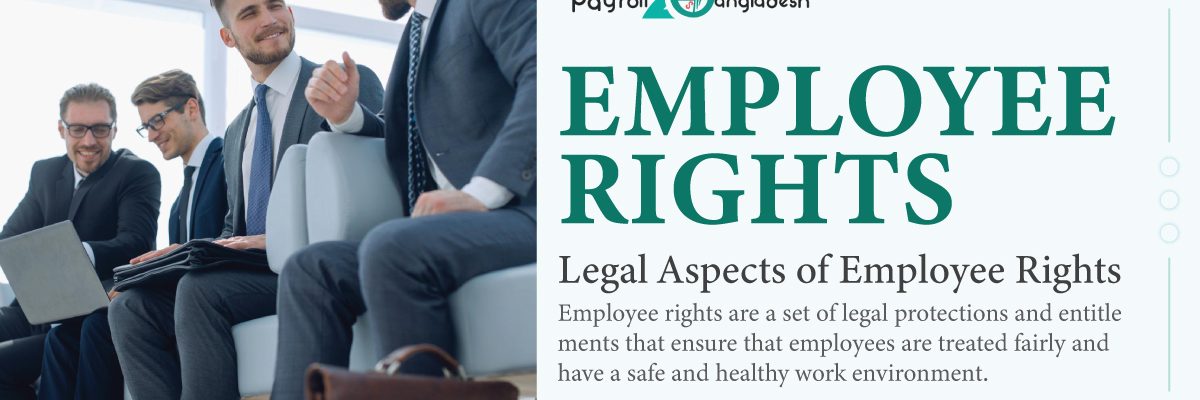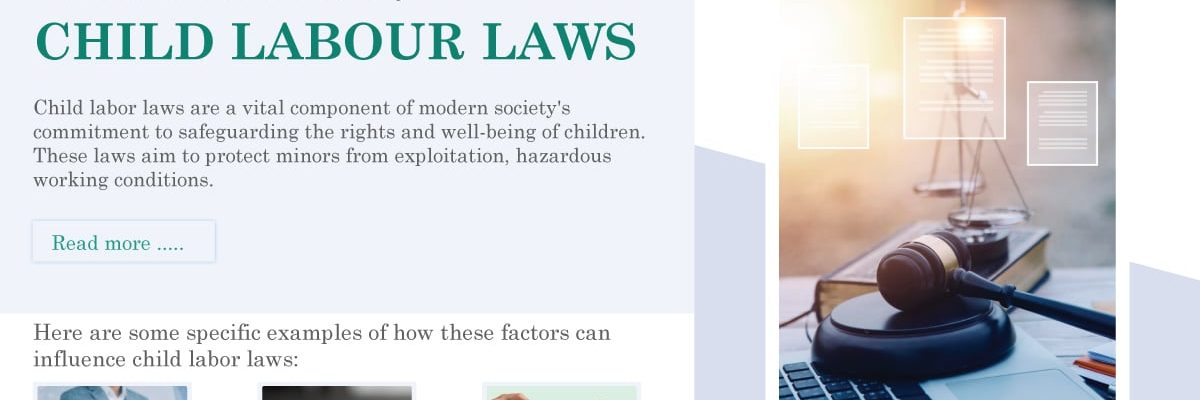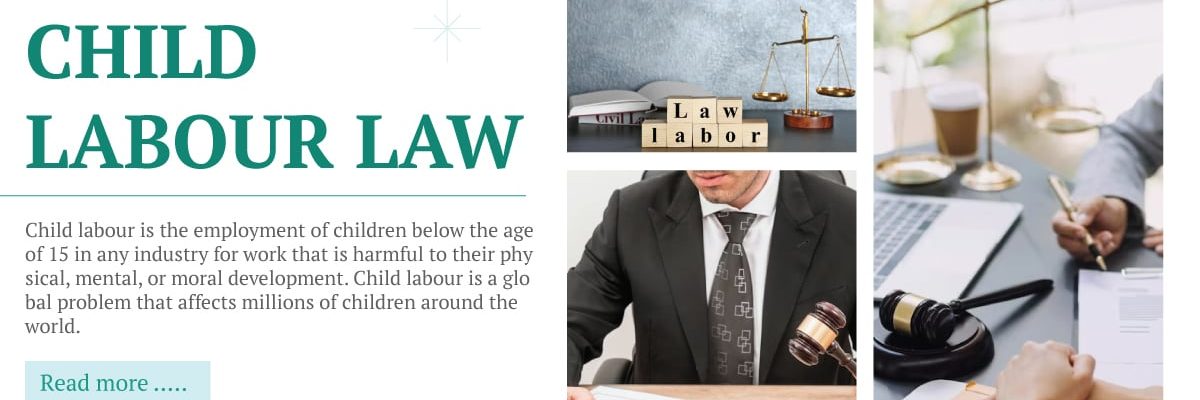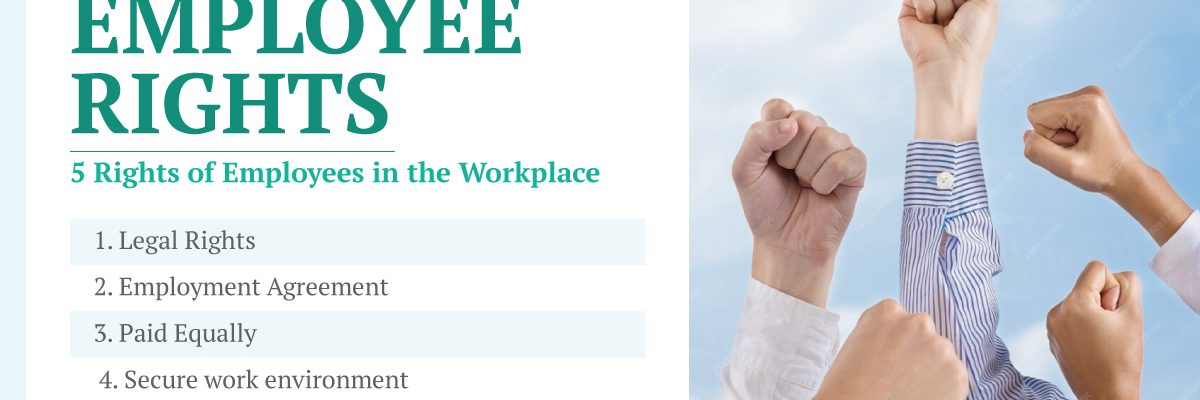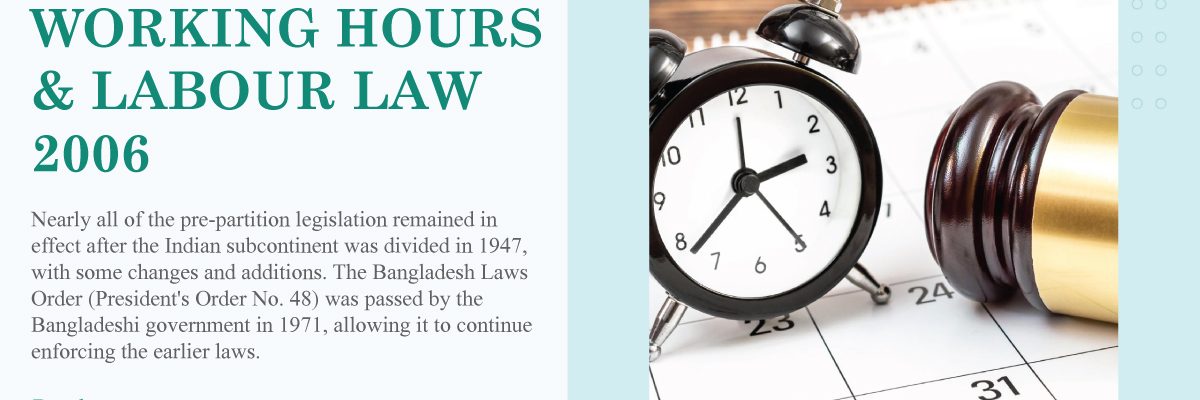Employee Rights encompass a fundamental set of principles and legal protections that safeguard individuals in the workforce. These rights are instrumental in ensuring that employees are treated fairly, equitably, and with dignity within their workplaces. Where individuals are shielded from discrimination, harassment, and exploitation based on their race, gender, age, religion, disability, or other characteristics.…
Child labor laws are a vital component of modern society’s commitment to safeguarding the rights and well-being of children. These laws aim to protect minors from exploitation, hazardous working conditions. And educational deprivation by regulating the employment of children and setting age restrictions for various types of work. They often establish minimum working ages, limit…
Child labour is the employment of children below the age of 15 in any industry for work that is harmful to their physical, mental, or moral development. Child labour is a global problem that affects millions of children around the world. It is estimated that there are over 152 million children in child labour, and…
It is the responsibility of Bangladeshi labor laws to ensure that every employer abides by employee rights. The goal of this is to ensure harmony within the workplace and fair treatment among employees. The purpose of setting up labour laws is to protect both employers and employees. The establishment of trade unions has also contributed…
Labor laws are particularly important to the system of labor relations. The basis of labor law is the master-servant system that originated in Great Britain. Enacting labor legislation was actually necessary at the time to regulate the nation’s labor market. Bangladesh has a system of labor law that dates back more than a century. During…

